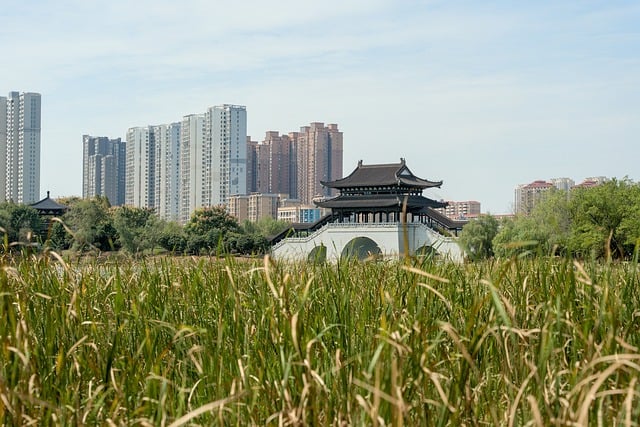In an age where climate change looms large over our planet, communities are stepping up to create eco-friendly spaces that nurture both nature and human connection. A community garden serves as a vibrant oasis in the midst of urbanization, offering a unique opportunity to cultivate not just plants, but also a deep sense of belonging and purpose.
The rising temperatures, unpredictable weather patterns, and the pressing need for sustainable practices have propelled many to establish community gardens. These gardens are more than just patches of green; they are sanctuaries for biodiversity and a respite for the weary urban soul. By transforming unused land into flourishing environments, we combat the effects of climate change while fostering a strong community spirit.
Gardening in these green spaces involves collaboration and creativity. Neighbors come together to share knowledge, seeds, and stories, forming relationships that strengthen the social fabric of their community. This shared labor not only cultivates crops but also creates bonds that withstand the pressures of climate challenges. Imagine the joy of plucking ripe tomatoes, herbs, or cucumbers cultivated with care, knowing your efforts contribute to an eco-friendly environment.
One of the most significant benefits of community gardens is their ability to educate. Workshops on sustainable gardening techniques, composting, and organic pest control provide valuable insights into maintaining an eco-friendly space. Participants learn how to work with nature rather than against it, making informed choices that benefit the environment. Engaging with the land fosters a profound respect for our natural resources, encouraging a shift towards more sustainable living.
Moreover, these gardens can play a crucial role in combatting food insecurity. By growing fresh produce together, communities can alleviate some of the burdens posed by climate change on food supply chains. Access to locally grown, chemical-free fruits and vegetables nurtures both the body and the spirit, reinforcing the idea that nutritious food is a fundamental right for all.
As we witness the effects of climate change daily, the importance of fostering green spaces cannot be overstated. Each plot of soil in a community garden represents a promise—a promise to nurture, to grow, and to heal. These spaces are not only critical in beautifying neighborhoods but also serve as a proactive response to environmental degradation. They remind us that through our collective efforts, we can make a significant impact and inspire change.
Each seed planted in these gardens symbolizes hope—a belief that we can create a sustainable and harmonious existence with nature. It’s essential for us to recognize that the journey towards mitigating climate change starts at the grassroots level. The more engaged and informed we are about our environment, the better equipped we become to combat the changes encroaching upon our planet.
As the seasons turn and the plants flourish, so too does our community’s commitment to nurturing the earth. Community gardens are a reminder that we are all interconnected, bound by a shared responsibility to protect and cherish our planet for future generations. With every garden we nurture, we cultivate not just plants, but a legacy of eco-consciousness that resonates through the fabric of our communities.




